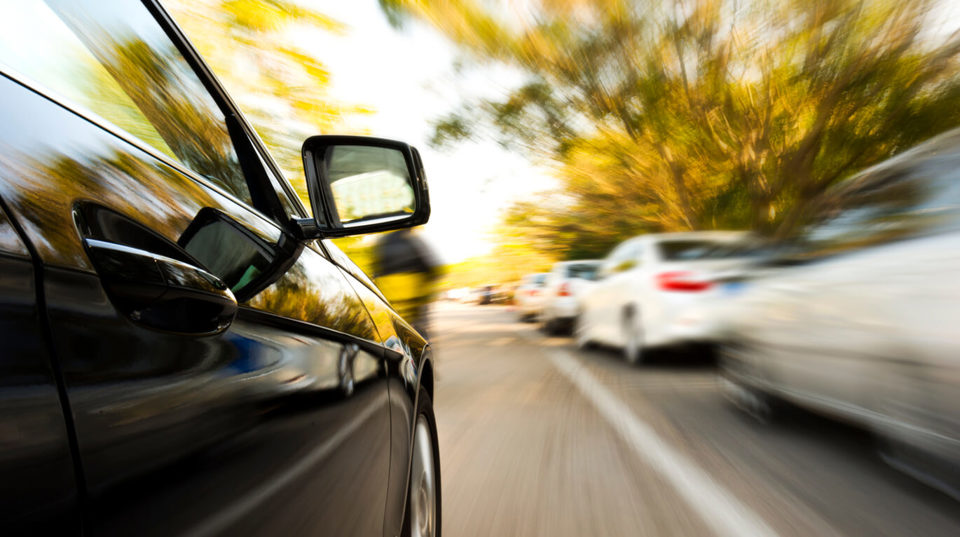RoSPA is urging other parts of the UK to consider lowering the drink-drive limit after publishing a response to the proposal in Scotland.
The Royal Society for the Prevention of Accidents has been campaigning for years for the legal limit to be reduced from 80mg of alcohol per 100ml of blood to 50mg - in a bid to prevent deaths on UK roads.
Experts estimate that a 50mg limit would save between 77 and 168 lives a year in England and Wales, which could increase to as many as 300 lives annually by the 6th year.
The Scottish Government's consultation paper suggests that a lower limit could save as many as 17 lives a year on Scotland’s roads.
The paper also suggests that drivers who have alcohol levels between 50mg and 80mg are two to two-and-a-half times more likely to be involved in an accident than drivers with no alcohol - and up to six times more likely to be involved in a fatal crash.
Through successive awareness-raising campaigns and the recent introduction of a vehicle forfeiture scheme, Scotland has seen a continuing reduction in the number of people caught drink driving.
Holyrood was given the power to lower its drink-drive limit following the Scotland Act 2012, a development that was welcomed in RoSPA's consultation response.
Northern Ireland has also decided to reduce the limit to 50mg for most drivers, but to 20mg (in effect, a zero limit) for learner, novice and professional drivers.
Tom Mullarkey, RoSPA’s chief executive, said: “We now urge England and Wales to follow the progress that Scotland and Northern Ireland are making in a bid to save more lives across the UK.
“There is conclusive evidence that reducing the drink-drive limit will significantly reduce the number of people killed or seriously injured on our roads.
“It's important to remember, however, that any change in the law would have to be accompanied by a campaign to ensure the public understood how a lower limit might affect their lifestyle.”

















Login to comment
Comments
No comments have been made yet.